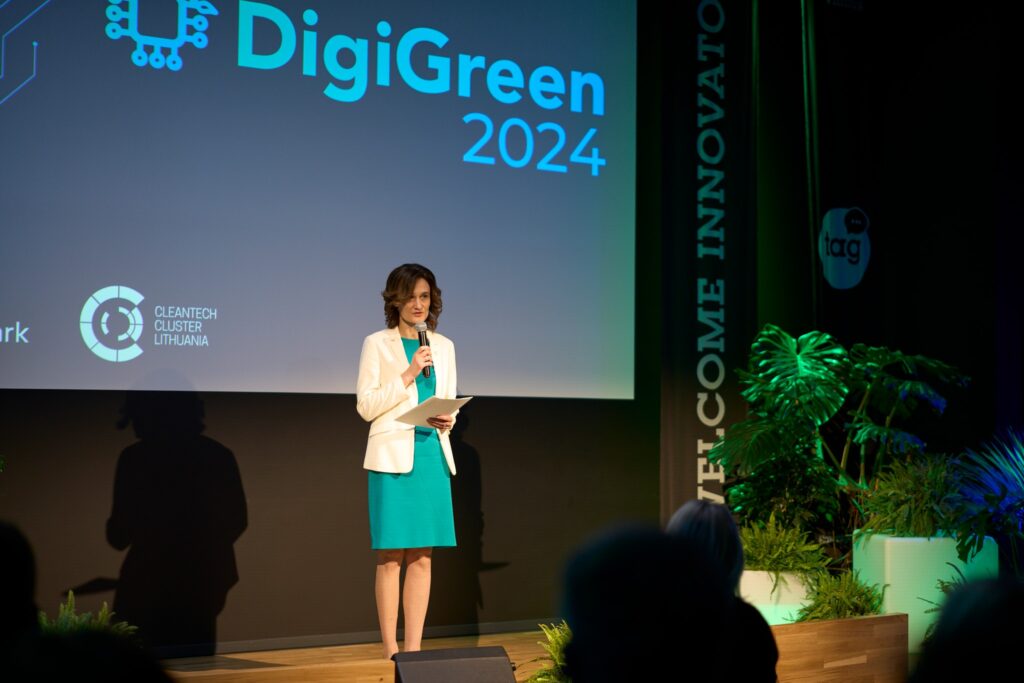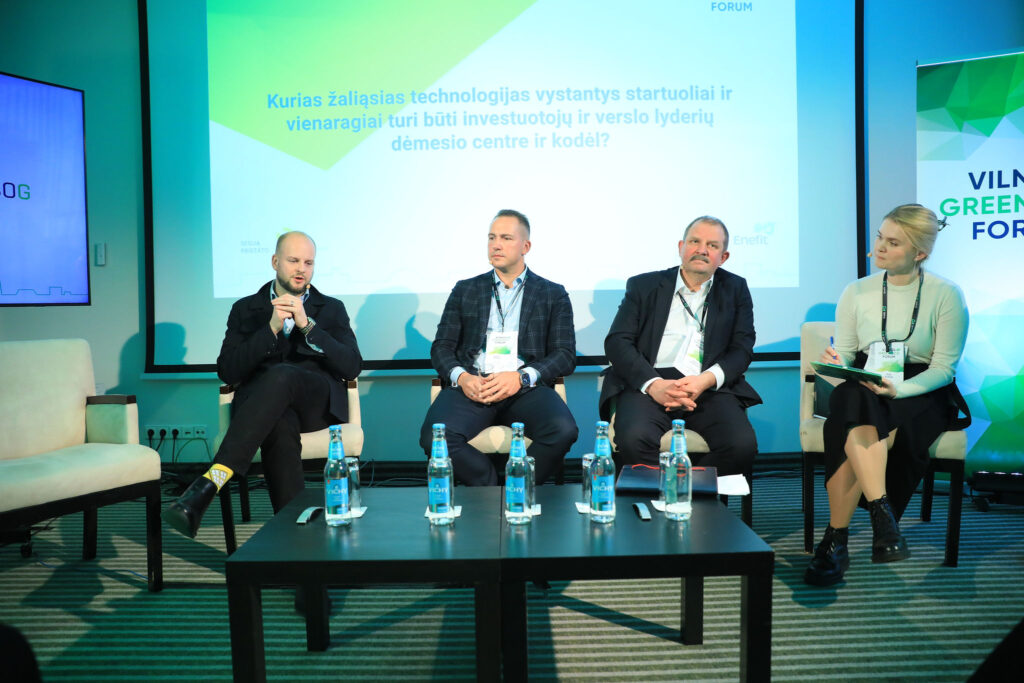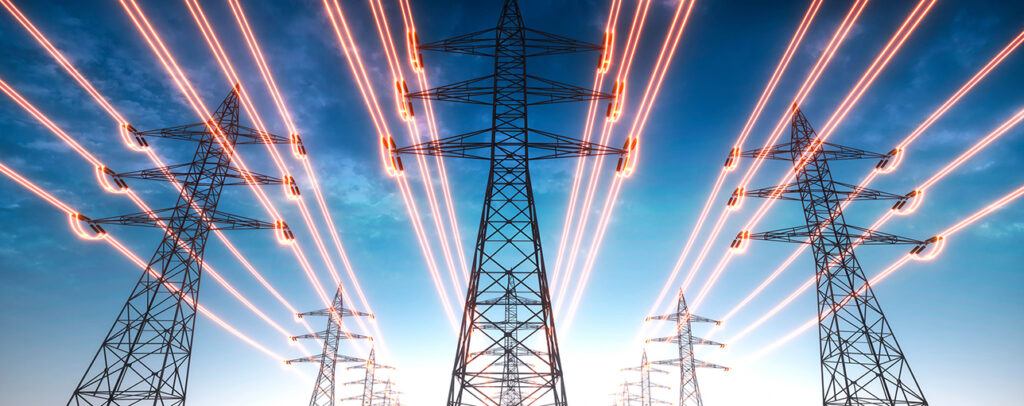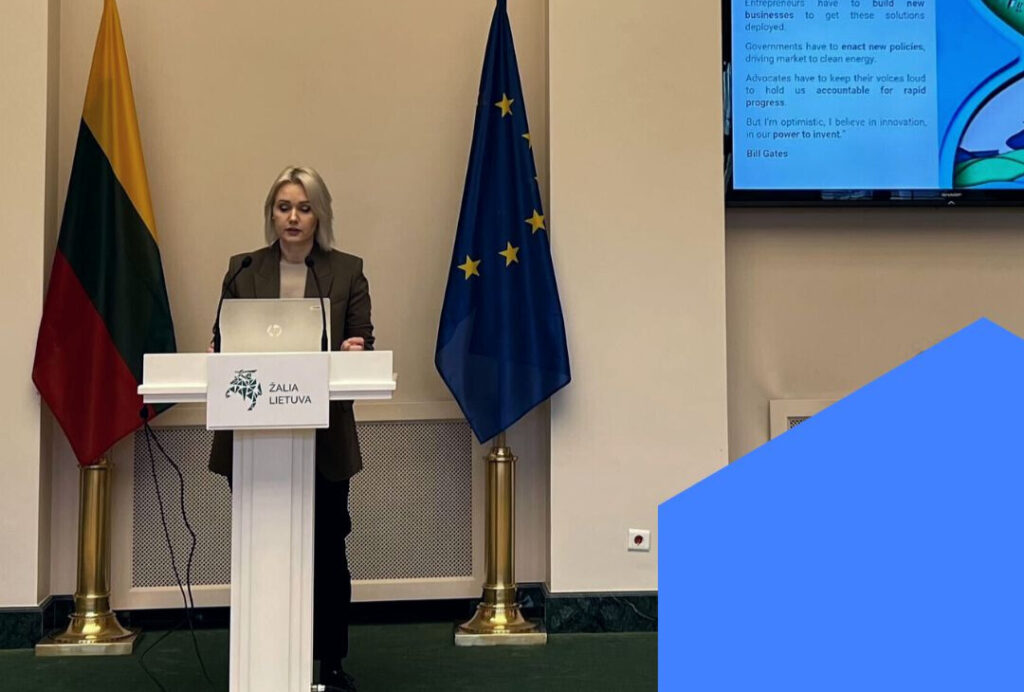Discussions on offshore wind in the Baltic Sea focus on infrastructure development and security
On 10 April, the energy ministers of the eight countries around the Baltic Sea – Lithuania, Latvia, Estonia, Poland, Germany, Denmark, Sweden, and Finland – endorsed the Vilnius Declaration on offshore wind development in the Baltic Sea. It commits to phasing out fossil fuels, especially from Russia, to further develop offshore wind energy, to promote regional cooperation with a focus on offshore energy infrastructure interconnections, and to increase the resilience of critical energy infrastructure to cyber and physical threats.
This high-level Baltic Sea Energy Meeting in Vilnius was attended by the Ministers of Estonia, Latvia, Finland, and Belgium, as well as high-level officials delegated by the Ministers of Denmark, Poland, Sweden, and Germany, NATO’s Under-Secretary-General for Innovation, Hybrid, and Cyber Security, officials from the EC’s Directorate for Energy, TSOs of all eight countries around the Baltic Sea, and offshore wind energy developers.
The meeting discussed how to harness the potential of the Baltic Sea’s approximately 90 GW of wind power to boost Europe’s economic growth in the coming decades. As countries move towards climate-neutral energy sources and away from fossil fuels, electricity will become a major energy source, fundamentally changing how energy is produced, transmitted, and consumed. This opens up entirely new opportunities for offshore projects in the North and Baltic Seas.
To fully exploit the potential of offshore wind energy in the Baltic Sea, the Minister of Energy, Dainius Kreivys, has called for the most economically viable and beneficial measures to be found:
“Firstly, we need energy infrastructure and balancing measures to allow the free movement of offshore wind energy across Europe. Second, we need long-term comprehensive strategic planning that includes mutually agreed long-term plans for developing electricity, gas and hydrogen infrastructure across Europe.”
The Minister also stressed the importance of clearly defining each country’s role in the overall scheme, coordinating national strategy papers and implementation plans, and ensuring smooth implementation when developing international infrastructure.
The discussions focused on issues related to the security of the offshore energy infrastructure, such as the geopolitical situation, security of supply, border cooperation, ensuring strategic reserves, and emergency response mechanisms. The participants also discussed the development of energy infrastructure projects in the Baltic Sea region and explored possible ways of connecting them through port expansion and strengthening, the creation of energy islands, hydrogen production, and transmission, and the use of liquefied natural gas infrastructure.












